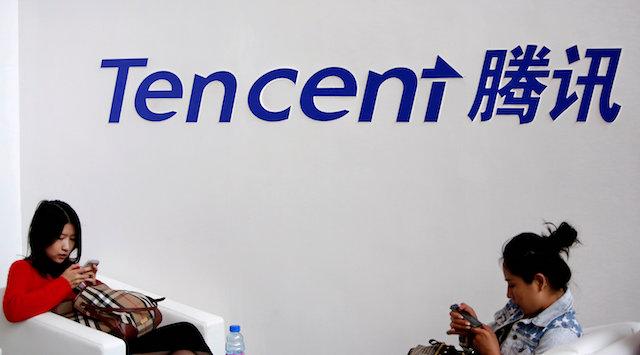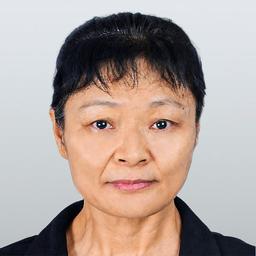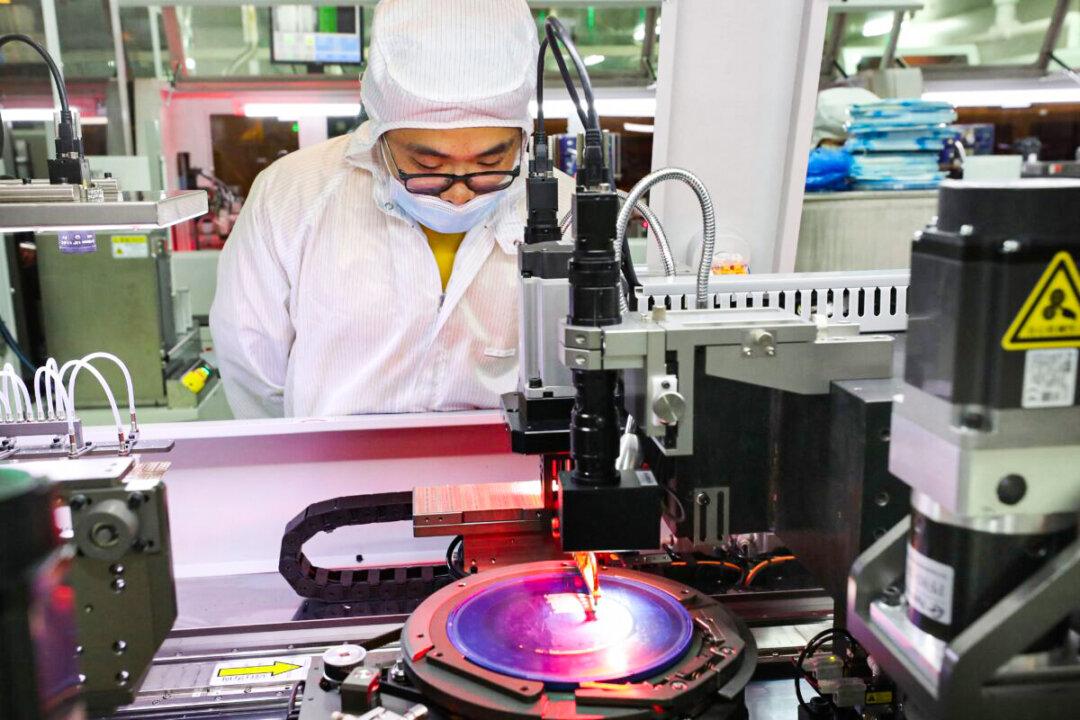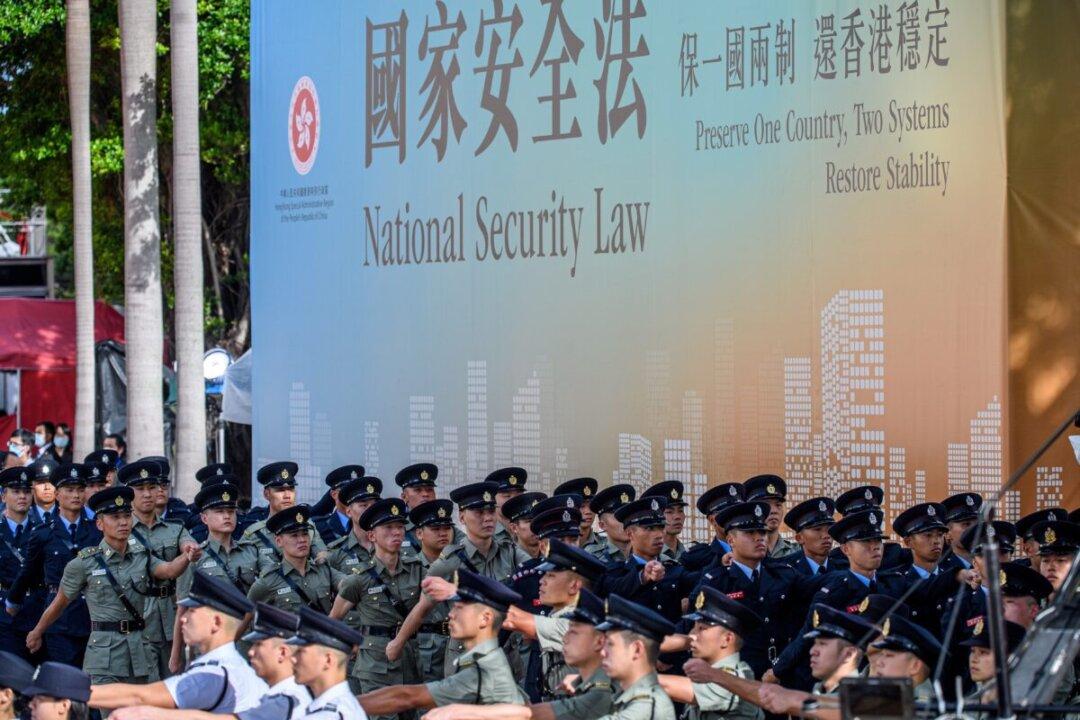Chinese tech giants continue to face scrutiny from Beijing. One of the world’s top ten largest companies, Chinese internet giant Tencent, was recently fined and given 30 days to give up its exclusive rights to music streaming.
On July 24, the official website of the Chinese State Administration for Market Regulation reported that Tencent’s July 2016 acquisition of China Music Group equity transaction constituted an illegal implementation of “Concentration of Business Operators.” The bureau ordered Tencent to terminate the exclusive music copyright within 30 days and required the tech giant to submit an annual performance report for the next 3 years. Tencent was also fined 500,000 yuan ($75,000).





